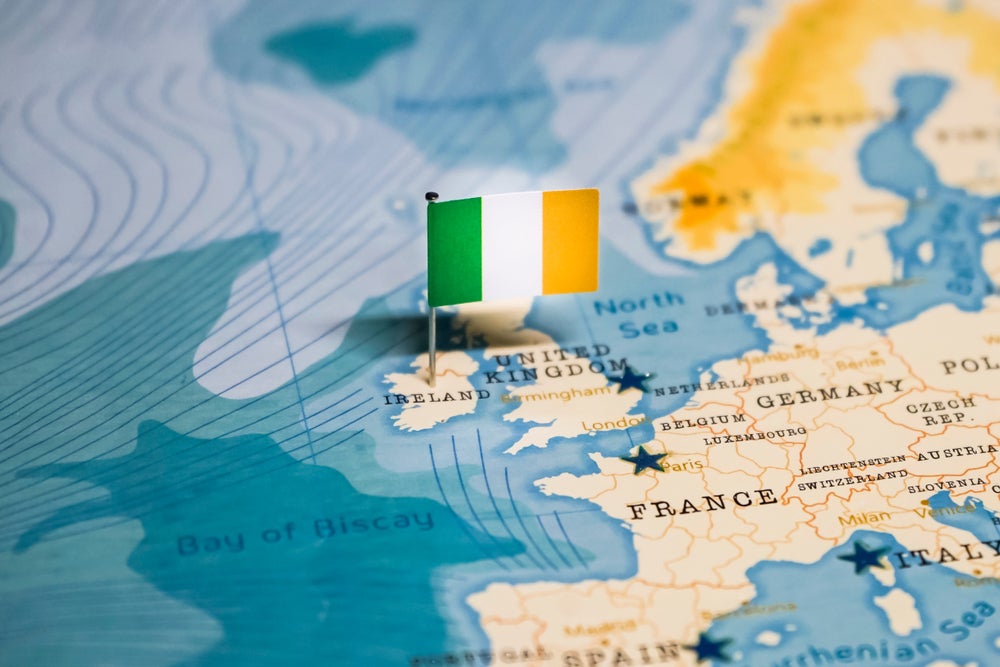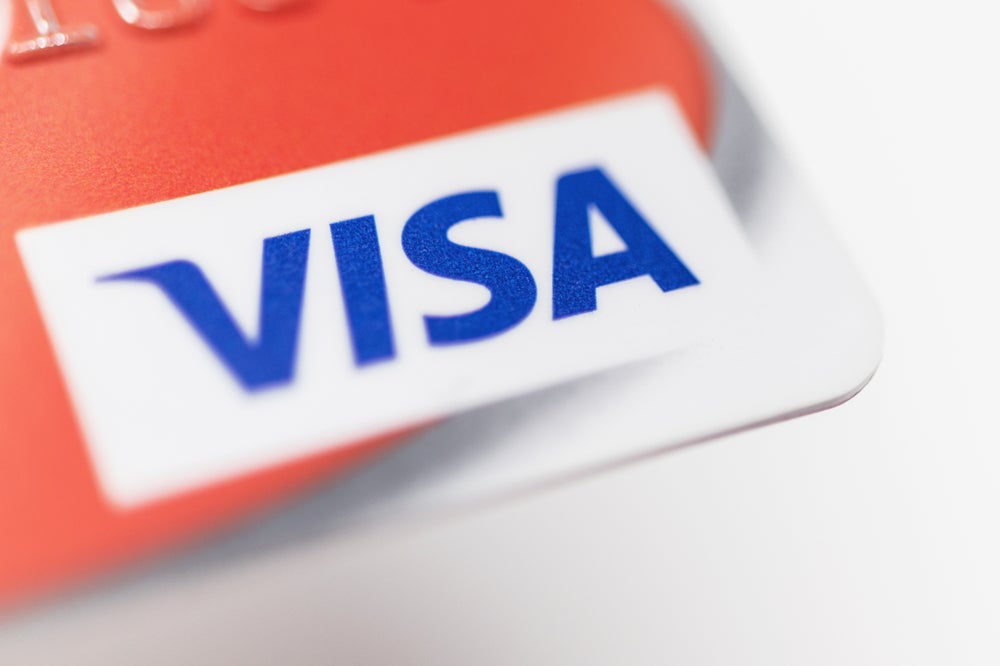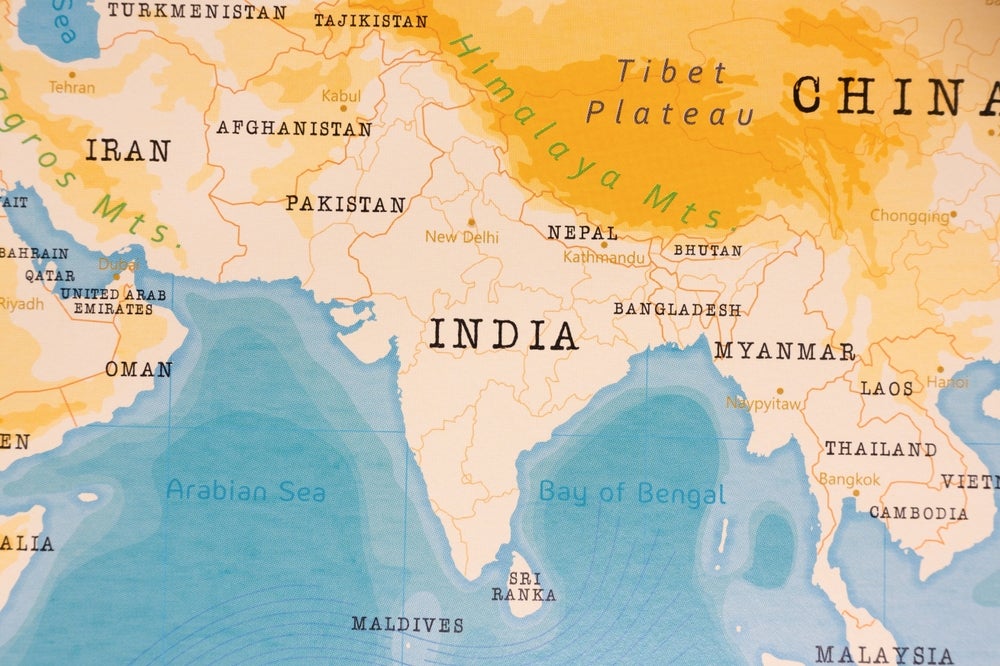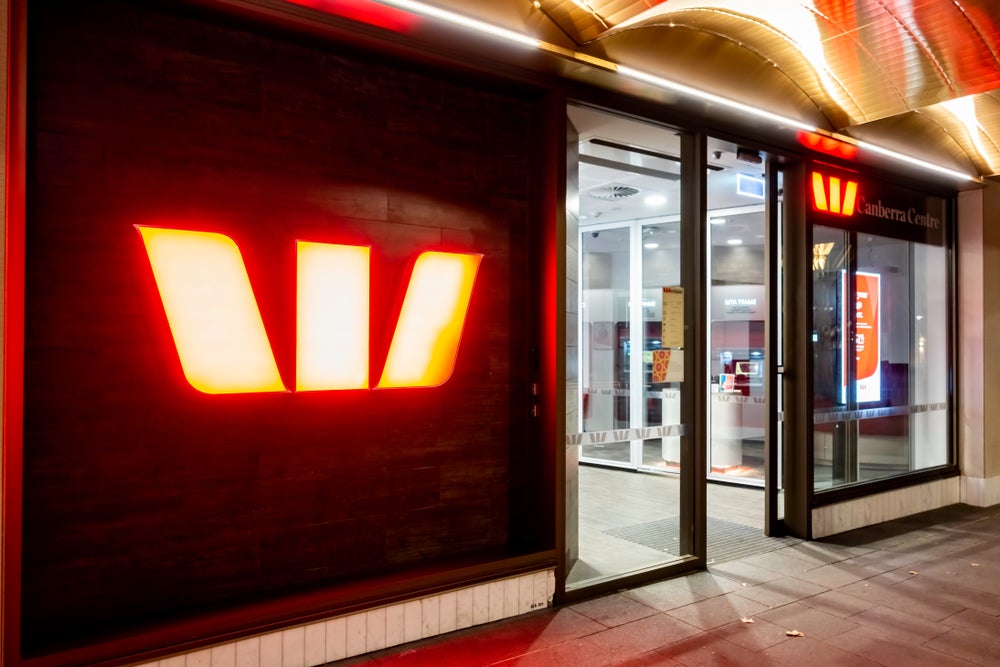Visa plans to kick start a national marketing
campaign raising awareness of the benefits unbanked consumers face
by turning away from cash following research from the Mercator
Advisory Group, which revealed reloadable prepaid cards are slow on
the uptake among the unbanked.
The campaign is designed to reach financially
underserved consumers, in particular those who are without a
traditional banking relationship, access to a payment card or
mainstream financial services, and who rely heavily on cash for
everyday transactions. Visa estimates that there are approximately
80 million financially underserved consumers in the US alone.
Visa aims to sway unbanked consumers towards
prepaid cards by focusing on their ability to better control
spending, aid convenience, give better access to funds, and their
enhanced security.
“Our CustomerMonitor Survey Series conducted
in 2009, documented the fact that only a very small number of the
unbanked and underserved have purchased or reloaded a general
purpose reloadable prepaid card in the last 12 months,” said Tim
Sloane, director of the Prepaid Advisory Service at Mercator.
“This clearly demonstrates that the industry
has a significant opportunity to more strongly communicate the
benefits of prepaid cards to consumers, as compared to alternatives
that include cash and alternative other financial services
offerings.”
The multi-channel campaign integrates social
media, mobile, digital, grassroots events, and radio advertising,
as well as in-store demonstrations, displays, and promotions
How well do you really know your competitors?
Access the most comprehensive Company Profiles on the market, powered by GlobalData. Save hours of research. Gain competitive edge.

Thank you!
Your download email will arrive shortly
Not ready to buy yet? Download a free sample
We are confident about the unique quality of our Company Profiles. However, we want you to make the most beneficial decision for your business, so we offer a free sample that you can download by submitting the below form
By GlobalData“Core to this campaign is Visa’s ability to
reach consumers who may not realize they can enjoy the benefits of
a Visa product, and experience a better alternative to a
cash-and-carry lifestyle,” said Hyung Choi, head of US prepaid
products, Visa.
“The campaign builds upon Visa’s long-standing
commitment to extending financial inclusion to more consumers,
while at the same time driving opportunities for Visa, our partners
and clients.”
Visa has established more than 10,000 Visa
prepaid programs in 110 countries.







